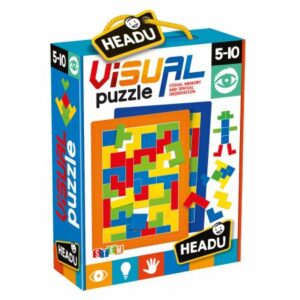Play is sometimes the best medication.
Play, especially imaginary play is extremely important for all children. Children communicate, express themselves, process feelings and decompress through play. Psychologists use play therapy to help children share their feelings in a comfortable and relaxed manner. Play is however, not restricted to the therapy room and can be as simple as a child playing by themselves or form part of a means of connection between a child and a parent after a long day apart. The simple act of playing is often very under-valued and under-estimated especially in todays technology consumed world.
Toys that spark real imagination and can allow your child to engage fully, involve those items or toys that don’t require instruction. These include animals, sea creatures, dolls, medical kits, toy food, blocks, toy tools and so on. Play may also allow children to let go of frustrations and pent-up anger in appropriate ways. Items that can be useful include the pound-a peg, kinetic sand, play dough, trampolines and so on.
Play also allows children to process their day, feel in control, be in charge and rehearse interactions. Stationery, school supplies, dolls, doctor sets, shopping items, fake money, tills and so many more items may allow your child to play out interactions and role play through teacher-student games; going to the doctor games; shopping games and so on.
Older children can also use games and toys as a way of engaging more creatively, letting go of stress and connecting with siblings and parents. Two or three player games allow them to practice winning and losing, while more relaxed games may be seen as quality time spent with a parent during busy times.
Engaging a child’s creative side through the use of stickers, beads, paint, markers, paper and so on can also be used as a means of relaxation, stress relief and even aid communication of difficult thoughts and feelings.
Play is love, play is connection, play is communication, play is expression and play is essential.
Avika Daya
Educational Psychologist
BSc (Hons), PGCE, M.Ed Educational Psychology
www.avikadaya.com



Add comment